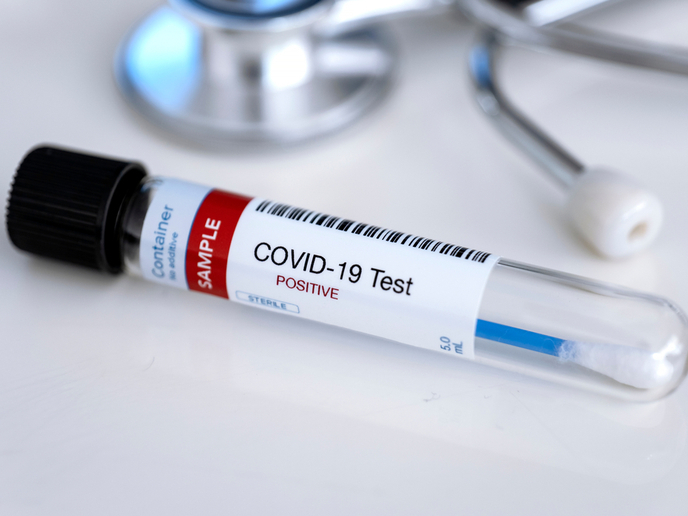Are 'monster' foods reaching your table?
Fruits and vegetables containing genetically modified organisms (GMOs) are becoming a reality in the European food chain. With evidence of non-authorised GMOs in food products, the EU wants to tighten control of genetically modified products. The GMULTI project, fully funded and supported by the EU, has developed more efficient detection systems for both authorised and unauthorised GMOs. It has come up with a method called padlock-probe (PLP) which can efficiently detect GMOs. Research laboratories in the Netherlands have tested the novel method on suspect DNA within certain foods to validate its efficacy. The approach is based on designing PLPs for several DNA targets. These are then mixed together for more blanket testing (i.e. for many types of DNA in many foods). The PLPs react with their targets and alert researchers on any genetic modifications. The results are then compared with various other dependable yet lengthier methods and in different laboratories to double- and triple-check the efficacy of the new approach. The implications for European consumers are profound. To begin with, the new method provides an alternative tool for maintaining freedom of choice between GM-free and GM-containing foods. It also supports better labelling of products. Although, further improvements are necessary for highly specific detection of GMOs and for validation of the method before implementation, the project results are highly promising. They have already been presented at the Fourth international conference on coexistence between genetically modified (GM) and non-GM based agricultural supply. The results are being published in scientific literature to help reinforce collaboration among EU states regarding GMO detection. In addition, the project will help maintain and increase the competitive scientific level in the EU regarding GMOs, making it more attractive for researchers worldwide. If all goes as planned, European supermarkets will stop carrying outlawed GMO products and consumers will know exactly what they're buying.







